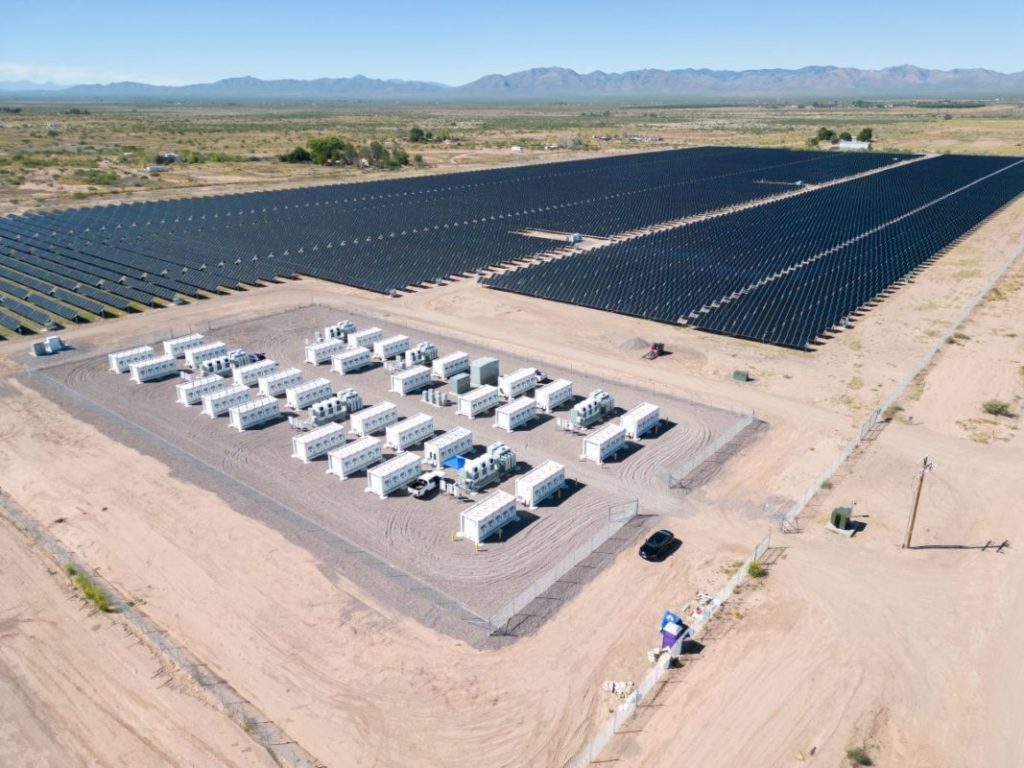
Germany, Poland, the UK and the Ireland I-SEM are the top markets for renewables and battery energy storage systems (BESS) co-location in Europe. These countries, except Germany, also boast the most favourable policies and regulations, according to power market analytics company Aurora Energy.
In its European Renewables Co-location Report, Aurora Energy examines the co-location potential of 12 European countries. In Germany, co-location offers attractive revenue stacking opportunities, low grid fees and mitigation of significant cannibalisation risk for renewables, while Poland boasts a strong subsidy environment with cable pooling and access to long-term capacity market contracts.
Try Premium for just $1
- Full premium access for the first month at only $1
- Converts to an annual rate after 30 days unless cancelled
- Cancel anytime during the trial period
Premium Benefits
- Expert industry analysis and interviews
- Digital access to PV Tech Power journal
- Exclusive event discounts
Or get the full Premium subscription right away
Or continue reading this article for free
The UK becomes one of the most favourable market thanks to favourable regulations, granting co-located assets access to multiple markets and offering faster grid access for co-located renewables projects. The Ireland I-SEM is rated high in Aurora Energy’s study because of its beneficial legislation that facilitates faster grid access and high curtailment risks to renewables.
Regarding policies and regulations, a total of five countries are rated as the most favourable markets in the report. The Polish market offers accessibility to long-term capacity market revenues and novel cable pooling regulation, while Hungary introduced mandatory co-location for solar PV assets “above a certain size.”
Meanwhile in France, co-located solar PV systems can participate in French contract for differences (CfD) auctions, which have historically cleared at high strike prices. The Ireland I-SEM and UK markets are favourable due to the variety of available revenue streams for projects and potential benefits in terms of grid access and curtailment risks.
Looking forward, Aurora Energy predicted an additional 421GW of intermittent renewables capacity by 2030, which will pose significant risks to renewables assets such as the cannibalisation of capture prices, increasing curtailment and rising imbalance costs. Germany, Greece, the Netherlands and the Ireland I-SEM will be most affected, but they can opt for co-location projects to mitigate the risks.
Recently, PV Tech published an article written by Aurora Energy Research’s research lead expert of Southeastern Europe Panos Kefalas, who examined the key trends of co-location in the region.
A panel discussion on the business opportunities for co-located solar and energy storage projects was covered at the Energy Storage Summit 2024 conference earlier this year.






